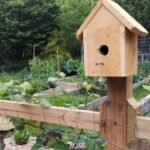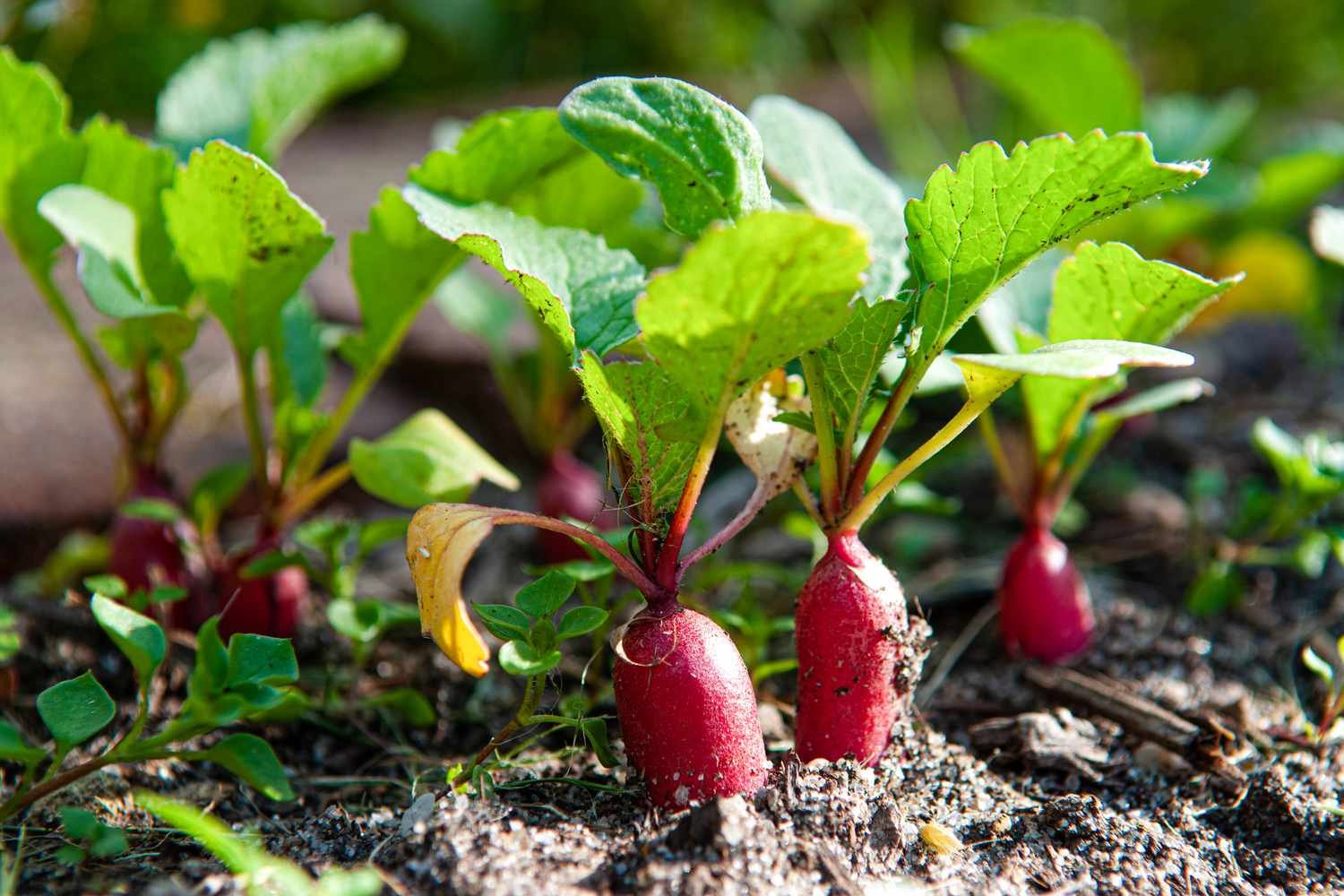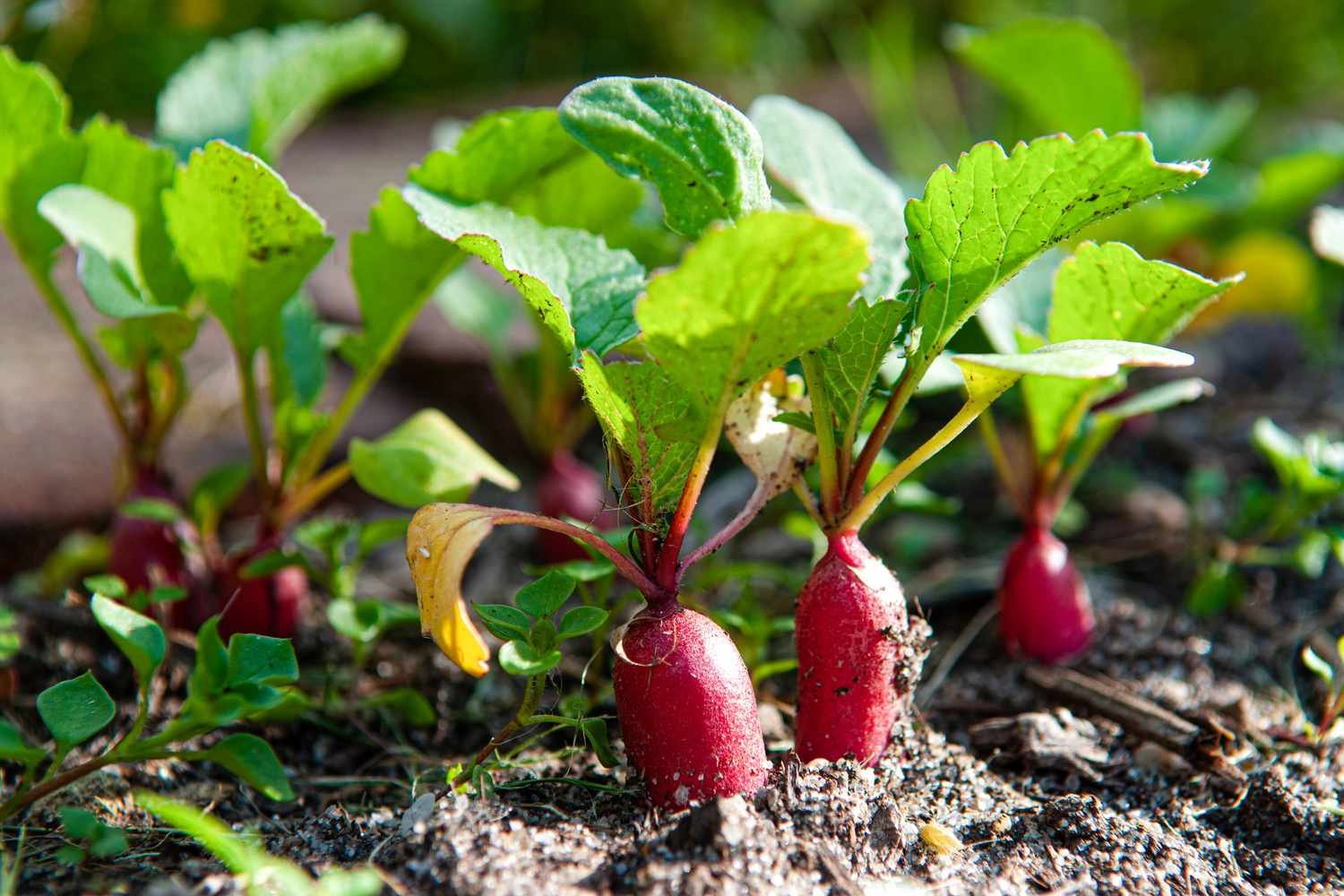Growing your herbs indoors is a fantastic way to enjoy fresh flavors all year round. Whether you live in a small apartment or just want easy access to your favorite herbs, an indoor herb garden can bring life and flavor to your home. Plus, it’s easier than you might think! This guide will cover the best practices for growing your herbs indoors, including choosing the right herbs, providing proper lighting, watering correctly, and more. Let’s get started on creating your own thriving indoor herb garden.

Choosing the Right Herbs
When it comes to growing your herbs indoors, selecting the right herbs is the first step. Here are some herbs that are well-suited for indoor growing:
- Basil: Great for cooking, basil thrives in warm, sunny spots.
- Mint: Easy to grow and perfect for teas and cooking.
- Parsley: A versatile herb that can be used in many dishes.
- Thyme: Needs a lot of light but is very aromatic and flavorful.
- Chives: Easy to grow and ideal for salads and garnishes.
- Cilantro: Loves bright light and is perfect for salsas and salads.
- Oregano: Great for Italian dishes and grows well indoors.
- These herbs are not only useful in the kitchen but also relatively easy to care for indoors.
Providing Proper Lighting
Proper lighting is crucial when growing your herbs indoors. Herbs need plenty of light to thrive, so here are some tips to ensure they get enough:
Natural Light
Place your herbs near a south-facing window where they can get at least 6-8 hours of sunlight each day. If you don’t have a sunny window, a west-facing one can also work.
Supplemental Lighting
If natural light is limited, consider using grow lights. LED grow lights are energy-efficient and provide the full spectrum of light that herbs need to grow.
Adjusting Light
Rotate your plants regularly to ensure all sides get enough light. This helps prevent them from leaning toward the light source and growing unevenly.
Choosing the Right Containers
The right container can make a big difference in the health of your indoor herbs. Here are some tips for choosing containers:
Drainage
Ensure your containers have good drainage holes to prevent water from sitting at the bottom and causing root rot.
Size
Choose containers that are large enough for the herb’s root system. Generally, 6-8 inch pots are a good size for most herbs.
Material
Containers can be made of plastic, clay, or ceramic. Plastic pots are lightweight and retain moisture well, while clay pots are heavier and allow better air circulation.
Using the Right Soil
Soil quality is key when growing your herbs indoors. Here’s how to choose the best soil:
Well-Draining Soil
Use a high-quality potting mix that drains well. Avoid using garden soil, as it can be too dense and may contain pests.
Organic Matter
Add organic matter like compost to enrich the soil and provide nutrients.
pH Levels
Most herbs prefer slightly acidic to neutral soil (pH 6-7). You can test your soil’s pH and adjust it if necessary.
Watering Your Indoor Herbs
Proper watering is essential for growing your herbs indoors. Here’s how to water them correctly:
Consistency
Water your herbs regularly, but don’t overdo it. Most herbs prefer the soil to dry out slightly between waterings.
Check Moisture
Check the soil moisture by sticking your finger about an inch into the soil. If it feels dry, it’s time to water.
Avoid Overwatering
Overwatering can lead to root rot. Make sure the water drains out of the bottom of the pot, and never let the pot sit in water.
Fertilizing Your Herbs
Fertilizing helps provide your herbs with the nutrients they need to grow strong and healthy. Here’s how to fertilize:
Balanced Fertilizer
Use a balanced, water-soluble fertilizer every 4-6 weeks. Look for a fertilizer with equal parts nitrogen, phosphorus, and potassium (e.g., 10-10-10).
Organic Options
You can also use organic fertilizers like fish emulsion or worm castings.
Avoid Over-Fertilizing
Too much fertilizer can harm your herbs. Follow the instructions on the fertilizer package and avoid over-fertilizing.
Conclusion
Growing your herbs indoors can be a rewarding and enjoyable hobby. By choosing the right herbs, providing proper lighting, using the right containers and soil, watering and fertilizing correctly, pruning, controlling pests, and managing temperature and humidity, you can create a thriving indoor herb garden. These simple tips will help you enjoy fresh, flavorful herbs all year round, right from the comfort of your home. Happy gardening!











